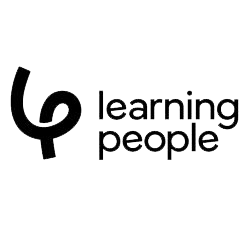Agile Courses
If you work for a company that uses the agile method, it’s important to understand the many aspects involved in this project management strategy. Whether you’re first starting out or you’re an industry professional looking to expand and refine your expertise, there are a variety of courses to suit everyone.

